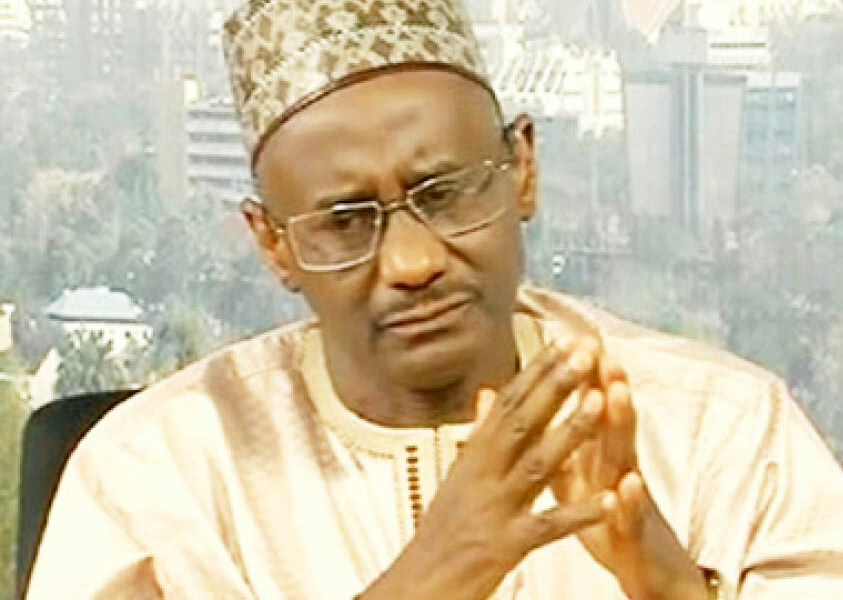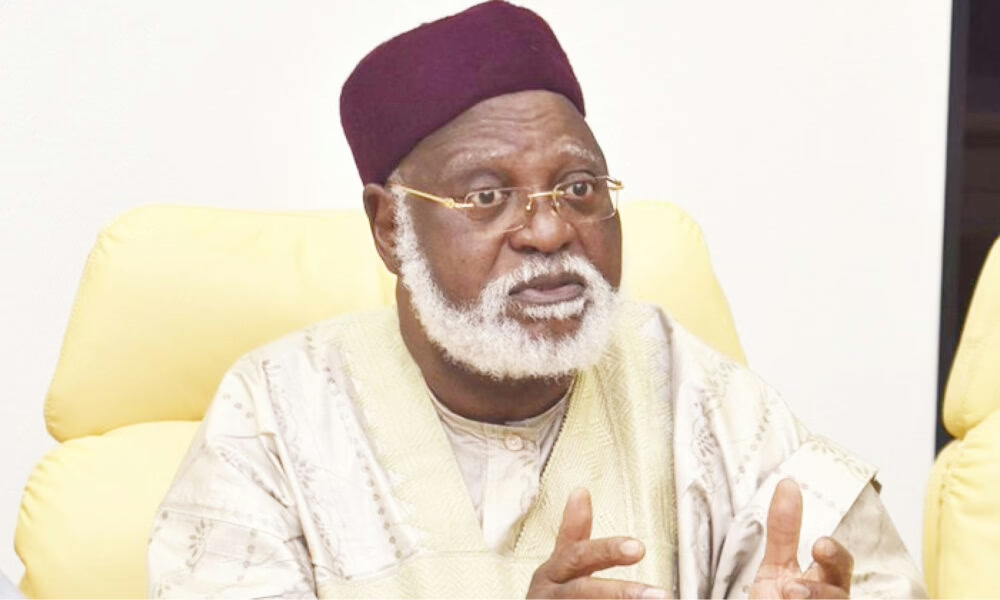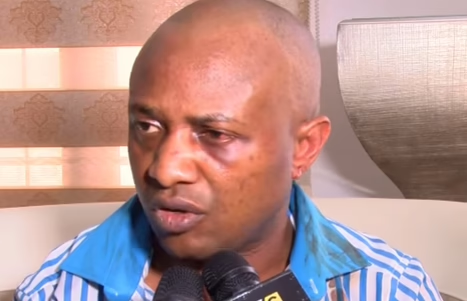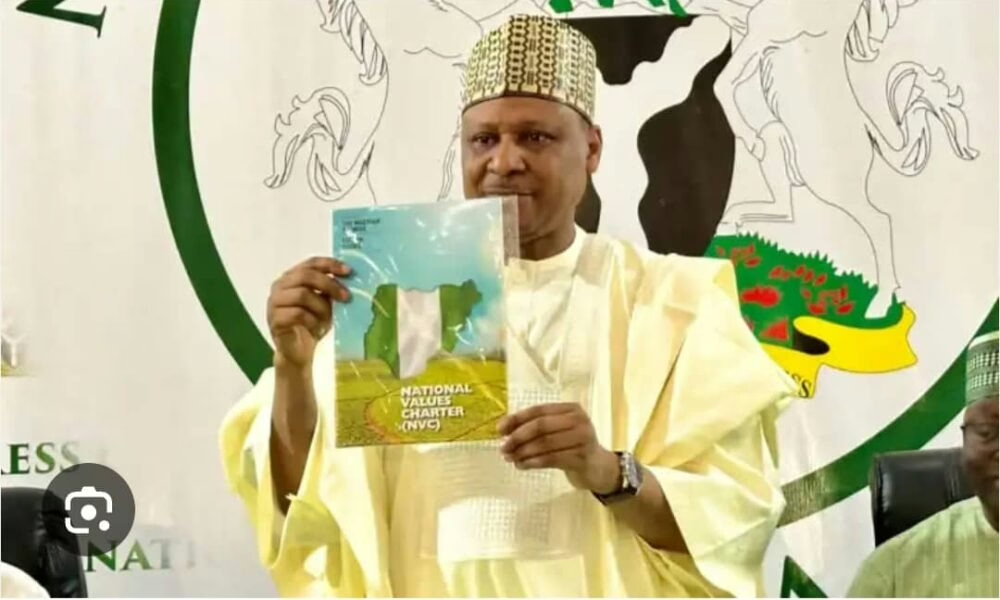The Nigerian government has denied the bribery allegations made by cryptocurrency exchange Binance.
Binance Chief Executive Officer Richard Teng alleged that Nigerian government officials demanded bribes to resolve its case in the country.
The Federal Ministry of Information and National Orientation, in a statement on Wednesday, called Binance’s claim of a $150 million bribe demand “false” and a “diversionary tactic.”
“The Federal Government of Nigeria is aware of attempts by Binance to launder its impaired image as an organisation that does not play by the rules and laws guiding business conduct in sovereign nations,” Rabiu Ibrahim, the ministry spokesperson, said.
He said the claim by Binance CEO lacks any iota of substance – but a diversionary tactic – an attempted act of blackmail by a company desperate to confuse the public of its “criminal charges”.
“The facts of this matter remain that Binance is being investigated in Nigeria for allowing its platform to be used for money laundering, terrorism financing, and foreign exchange manipulation through illegal trading,” Ibrahim said.
“While this lawful investigation was going on, an executive of Binance, who was in court-sanctioned protective custody, escaped from Nigeria, and he is now a fugitive from the law. Working with the security agencies in Nigeria, Interpol is currently executing an international arrest warrant on the said fugitive.”
The phantom bribe claim by Binance, according to Ibrahim, is part of an orchestrated international campaign by this company, which is facing criminal prosecution in many countries, including the United States, to undermine the Nigerian government.
The government, however, maintains it will “not succumb to any form of blackmail” and will act within the law and international norms.
“We would like to remind Binance that it will not clear its name in Nigeria by resorting to fictional claims and mudslinging media campaigns. The only way to resolve its issues will be by submitting itself to unobstructed investigation and judicial due process.”










